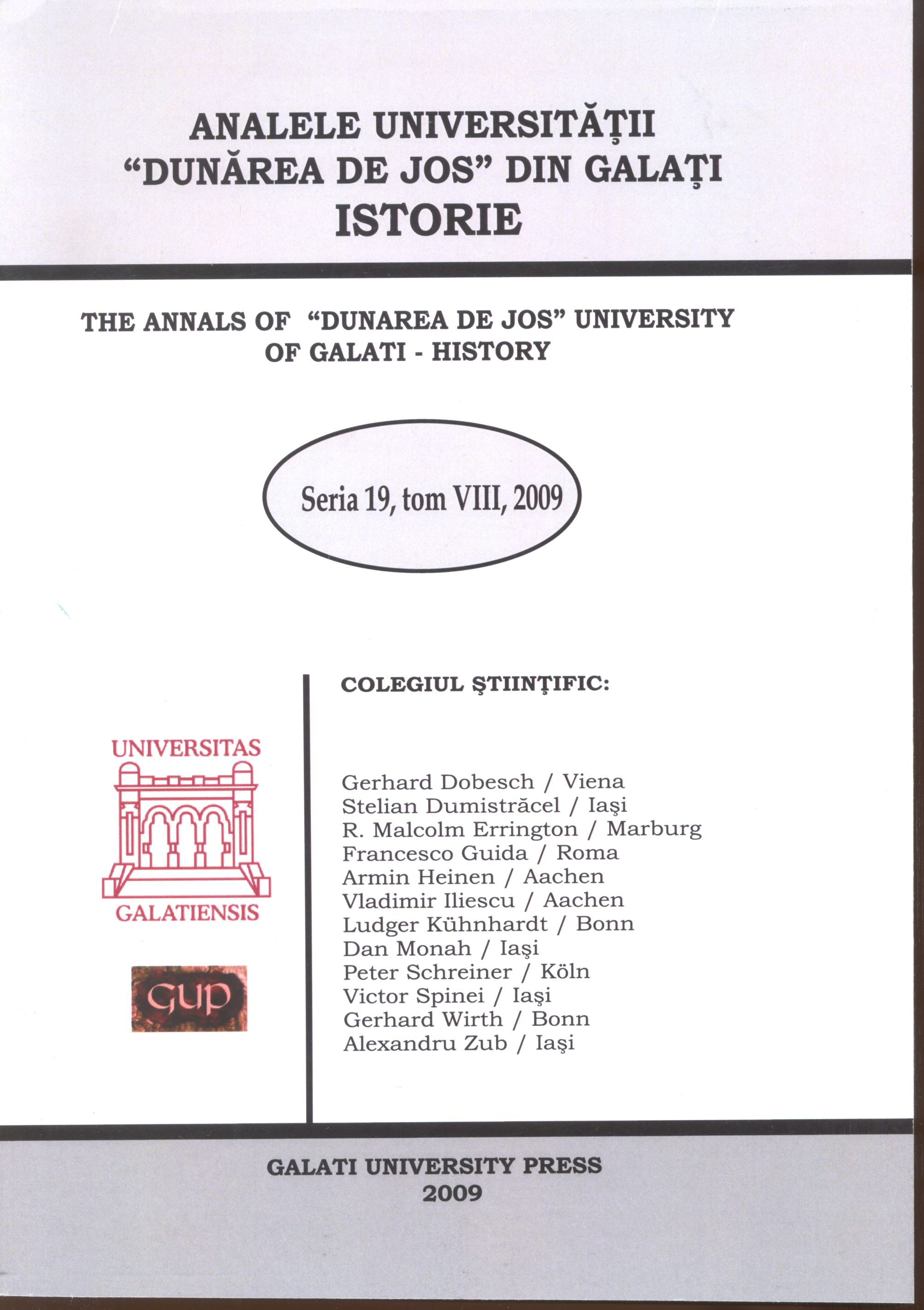Han-Shan, Li Po, Tu Fu, Basho: a sta împreună cu muntele
Han-Shan, Li Po, Tu Fu, Basho and the mystical theology of the mountainous space
Author(s): Silviu LupașcuSubject(s): History, Literary Texts, Theology and Religion
Published by: Galaţi University Press
Keywords: Li Po; Tu Fu; Han-shan; Basho; Daoism; Buddhism
Summary/Abstract: The spiritual masters of the Chinese and Japanese classical poetry used the image of the mountain as a symbol of the passage from this world toward the next world. The certitude of the irreversible fading away from this world is metamorphosed in the certitude of the happy proximity to the non-world. The trip itself becomes a way of the revelation, of the manifest truth, of the re-defining of the human being through wu-wei or satori. As meeting of the truth, of the inner self or of the theocratic void, the immersion of the soul within the shining space situated beyond the world is accomplished through the gradual ontological transition from the mountainous reality to the mystery of the real reality. The mystical theology of the mountainous space was formed against the background of the religious syncretism which brings together the Daoism and Buddhism of the VIth-VIIIth centuries China. In this religious and cultural context, the writings preserved from Li Po, Tu Fu, Han-shan and Basho throw into relief the symbolism of the mountain as the threshold between the material world and the non-world, the world of infinite and everlasting ontological reality.
Journal: Analele Universităţii Dunărea de Jos din Galaţi. Seria Istorie
- Issue Year: 2009
- Issue No: 08
- Page Range: 283-290
- Page Count: 8
- Language: Romanian

